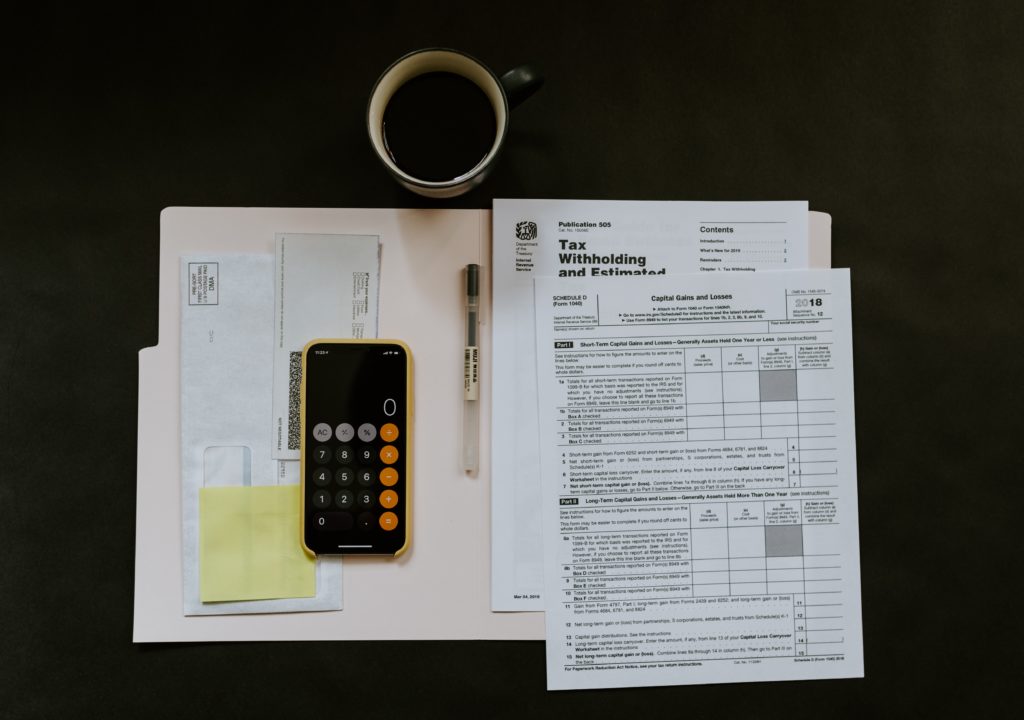
How to get a German Freelance Visa (Freiberufler)? If you want to work in Germany as a freelancer then you need to get a freelance visa. A freelance visa differs from a business visa in the list of documents and the passage of the procedure. You can apply for a freelance visa in Germany from your home country, or already being in Germany.
Professions that qualify as freelance work
Before applying for a freelance visa in Germany, find out if the profession is considered freelance in Germany. There are two main groups of visas: a business visa and a freelance visa. According to EStG §18 in German tax law, the following professions are self-employed:
- Accountants;
- Artists;
- Veterinarians;
- Engineers;
- Translators;
- Educators;
- Managers;
- Health care representatives;
- Attorneys;
- Scientists;
- Tax advisors;
- Writers;
- Surveyors;
- Economists;
- Pilots.
If your type of activity is not listed above, the application will be considered for a business visa.
Freelance visa and taxes
Your freelance activities must be registered with the BZSt and the tax office, not with the trade office. For this reason, you are exempt from going through the procedure of setting up a company and obtaining a trade permit.
The IRS issues you a tax number and levies income and value-added taxes.
Income tax has a base rate of 14% of total income and can rise to 42%, while solidarity tax is 5.5% of income tax. Those who earn less than € 9,169 per year are exempt from tax. As a rule, the tax is paid every quarter.
Value Added Tax – 19% of your annual income as a freelancer. But there are goods and services for which the VAT rate is 7%. There are also VAT benefits if you had revenue of fewer than 17,500 euros in the previous year and do not expect to earn more than 50,000 euros this year. You can prepare your VAT returns online through the official portal of Elster portal.
Before starting your career as a freelancer, also check if your profession requires membership in the relevant chamber or recognition of foreign qualifications.
If you in Germany:
- you are a graduate of a state-recognized foreign educational institution or institute in Germany. Please note that your profession must be consistent with self-employment;
- you are a foreigner with a German art worker visa;
- you are a foreigner who entered Germany as a scientist or researcher;
- you meet the criteria to work as a freelancer and come with a German temporary visa.
Who needs a freelance visa in Germany?
The good news is that a a German Freelance Visa can be converted into a residence permit in three months. An application for a residence permit must be submitted to the Ausländerbehörde or Ausländeramt.
A freelance residence permit can be extended for up to three years if the applicant succeeds in the freelance work. To extend the residence permit, you must provide evidence that the freelancer is making sufficient profit.
If after three years you prove the above conditions, you can get a permanent residence permit – permanent residence in Germany. However, this only happens if you have established a retail business. According to the Residence Act, Section 21/6, a freelancer can hold a residence permit based on self-employment if he is allowed to pursue a liberal profession as an independent activity.
Conditions for applying to the freelance visa
- the economic relevance of a freelance activity for a specific German region;
- basic and additional documents.
To prove the economic relevance of the activity, you must meet the following criteria:
There is an economic interest in your proposed activity. This means that you research your liberal profession to make sure there is a demand for it.
For a German Freelance Visa you must prove that you can self-fund the launch of your freelance business. Therefore, you must provide a bank statement to confirm that you have sufficient funds.
Proof of having clients in Germany. You cannot get a visa as a freelancer in Germany unless you present letters from German clients or companies who want to use your services.
Confirm your German-speaking skills at your visa interview. Start with a confident Guten Tag. Also, find out from social media who is now, how difficult an interview can be.
Main documents for a German Freelance Visa:
- Completed Freelance Visa Application Form;
- Documents confirming the qualifications and availability of clients in Germany: university diploma, letters of intent from potential clients;
- Passport: two biometric photographs measuring 35 x 45 mm with a neutral facial expression, mouth closed, background well lit;
- Visa fees: from 56 to 100 euros, payable after the visa is issued. Cover for copies of documents;
- Health insurance policy: compulsory private or public health insurance in Germany. Having travel insurance does not exempt you from public or private company health insurance;
- Proof of residency in Germany: proof of ownership of the house, apartment, or lease agreement with the landlord where you will be staying.
Additional documents for freelance visa in Germany:
- Proof of Altersversorgung pension savings for freelance visa applicants in Germany over 45 years of age or those seeking permanent residence;
- Income forecast. The business plan shows your estimated income and expenses. Include transaction costs and profit and loss estimates. Do extensive research and smart budgeting that proves you can survive with planned work and potential clients;
- Samples of contracts. You should bring hard copies of your contracts with clients, at least 5-6 examples. If you already have clients, attach copies of current transactions to show your earnings;
- Letters of recommendation: at least two letters of recommendation from previous employers or clients about work in the profession for which you are applying for a freelance visa in Germany;
- A resume describing the professional experience. This will help you get your visa faster;
- Covering letter: some officials may not ask for it, but it’s safer to have it, if possible, in Germany;
- Your portfolio, including samples of previous work, demonstrate your ability to perform your job;
- Professional permissions. Approved licenses are required for professions such as healthcare. Present them during the interview;
- International passport.





